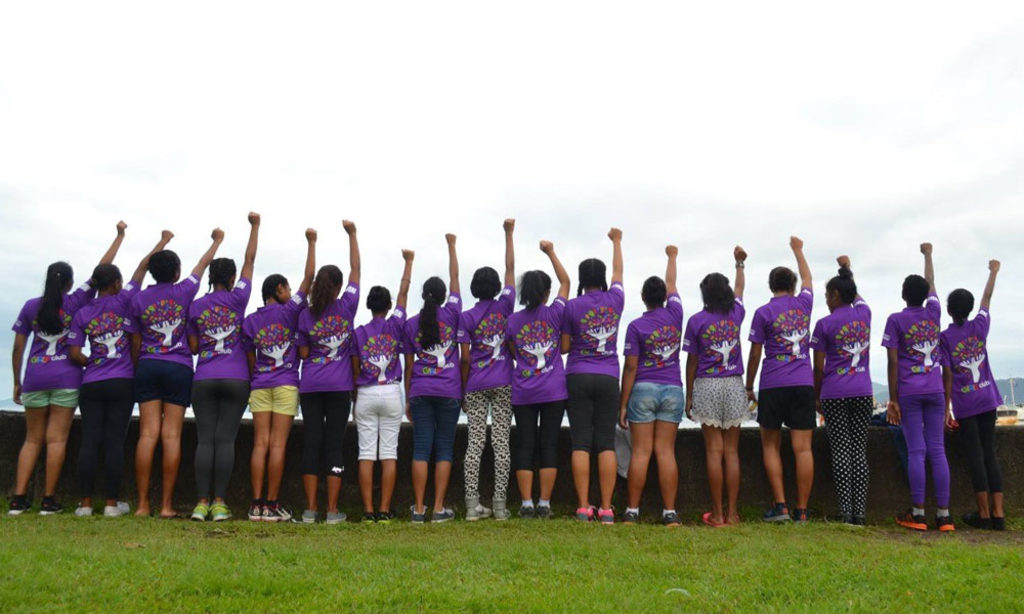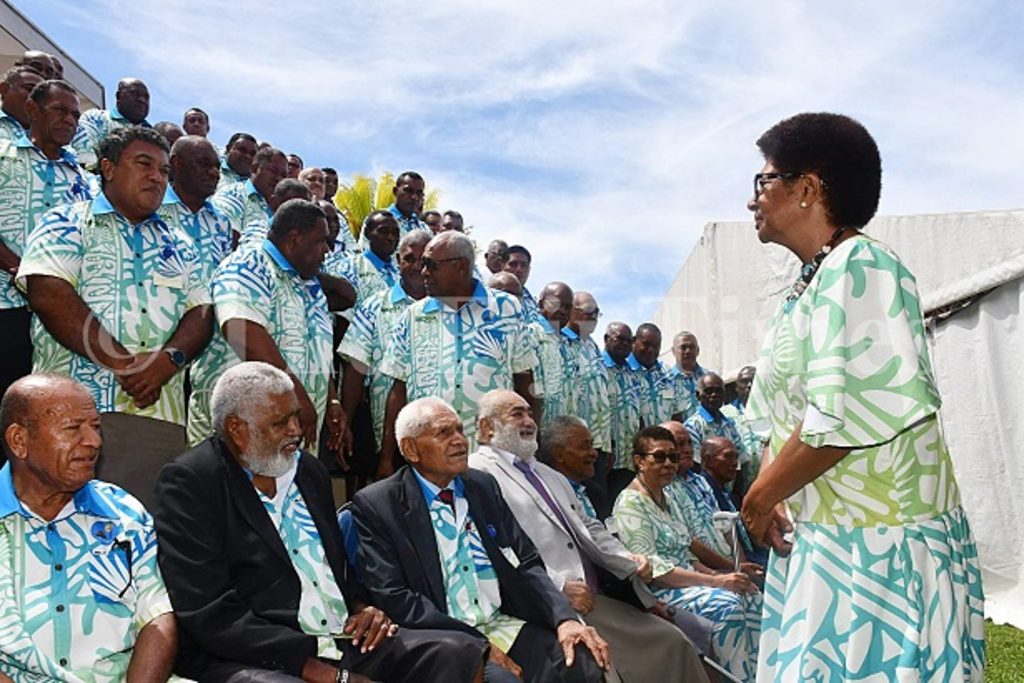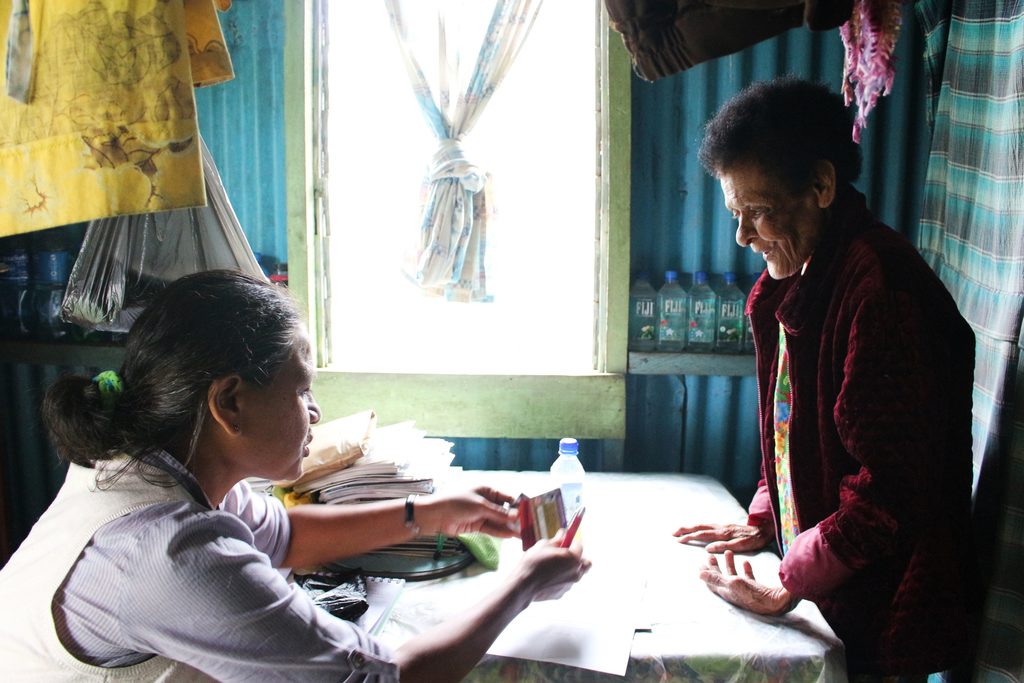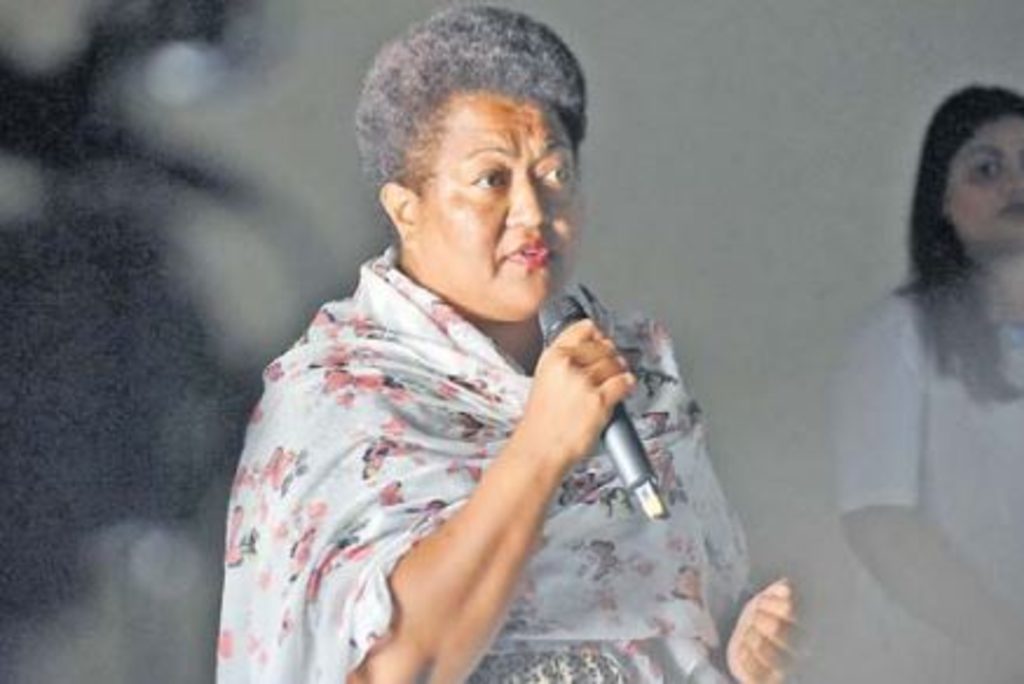Salote Malani, a proud daughter of Ono-i-Lau’s upbringing was shaped by her mother’s teaching career, which took their family to rural areas across Fiji.
This early exposure to the challenges and beauty of rural life instilled in her a deep sense of empathy and a desire to uplift others.
As the eldest of seven children, Salote naturally assumed a leadership role, a trait that has defined her journey ever since.
After completing her education locally, Salote pursued further studies overseas, but her heart always remained in Fiji.
“It has always been my passion to come home and serve,” she said.
True to her word, she returned to Fiji and embarked on a career as an educator, serving at every level of the education system—from early childhood to tertiary education—both locally and abroad.
However, in 2020, Salote made a pivotal decision to leave the education sector and dedicate herself to community work.
“I was serving as a school leader at a private Suva school when I resigned,” she recalled.
Inclusive Leadership
Salote’s decision to enter politics stems from her belief in the power of inclusivity.
“There’s a big gap in having more inclusivity with regards to gender and intergenerational inclusion in decision-making at the national level,” she explained.
She observed that many decisions made for communities are out of touch with their actual needs, a disconnect she is determined to bridge.
Her proposed political party is built on a foundation of balance and representation.
“We will have one-third men, one-third women, and one-third youth,” she said.
The party’s structure, she believes, will ensure that the voices of all demographics are heard and considered in national decision-making.
Salote is particularly passionate about addressing the high cost of living, the mismatch between government services and community needs, and the lack of effective social services.
“Social services are an integral part of the community, especially for families who are struggling,” she emphasised.
She is advocating for greater collaboration between the government and civil society organizations (CSOs) to ensure that policies are grounded in the realities of everyday Fijians.
Challenging the status quo
When asked about the priorities of the current government, Salote was candid in her assessment.
“Their priorities have drastically shifted from what they promised during the campaign,” she said.
She criticised the government’s focus on international peacekeeping and defense while neglecting pressing domestic issues such as drug abuse and crime.
“We have the resources, but we’re worried about taking them overseas instead of serving our own community,” she noted.
Salote’s proposed party, with its slogan “Let Fiji Heal and Grow,” aims to move beyond the trauma of past military coups and focus on building a brighter future for the next generation.
“We need to allow Fiji to heal from that and grow,” she said.
She envisions a government led by neutral individuals who are not entangled in the politics of the past but are instead focused on what truly matters to the people.
Fiscal responsibility
If her party forms government, Salote’s first priority will be to cut unnecessary expenses.
“I need to cut out unnecessary expenses to have more resources to serve the people,” she stated.
This includes reducing the high salaries of the Prime Minister, Ministers, and Members of Parliament to align with the economic realities faced by ordinary Fijians.
She also plans to re-evaluate government operational expenditures, including trade missions that are not yielding tangible benefits.
“If our current trade missions are not working in our best interest, we need to cut them out,” she asserted.
Her focus will be on fostering partnerships that benefit Fijian businesses and improve the livelihoods of citizens.
Empowering women and youth
Salote is a strong advocate for gender equality and youth empowerment.
She believes that the absence of women and youth in decision-making roles has led to unbalanced policies.
“We have not seen a lot of very good, successful policies coming forward from the current government because of this,” she said.
She also addressed the toxic culture of politics, particularly the challenges faced by women in leadership.
“It’s really accepted in our society to do that to women,” she said, referring to recent political scandals involving female leaders.
Despite facing threats and intimidation, Salote remains steadfast in her mission to bring balance to national leadership.
“We need to realise that women are not here to replace men but to complement them,” she emphasised.
Message to voters
To those hearing her name for the first time, Salote has a clear message: “I have a clear vision and focus, and that is to look out for what matters most in the hearts of people.”
She assures voters that her leadership will prioritise the needs of the community over personal gain.
“I’m not going there to make money for myself, but to make the necessary changes to allow people on the ground to feel the blessings of being here in Fiji,” she said.
Salote believes that her grassroots upbringing and extensive experience in education and community work have equipped her with a deep understanding of the challenges faced by ordinary Fijians.
“I’m from the grassroots, and I understand the everyday issues,” she said.
Her youthful and fresh perspective, she believes, will bring about faster and more impactful changes than any previous government.
Malani believes the critical voices of women and youths have been absent from from our national leadership. Picture: DFAT

Malani is calling also for greater inclusivity of voices in critical institutions like the Great Council of Chiefs. Picture: FT FILE

Government needs to do a lot more in-terms of improving social services in grassroot communities, according to Malani. Picture: UNDP



